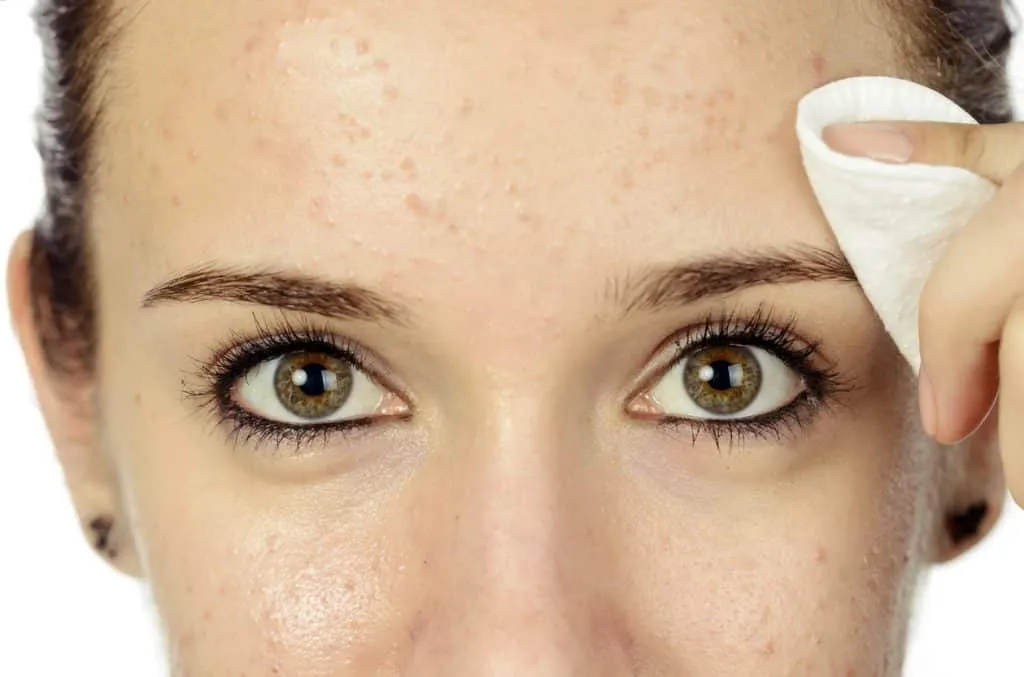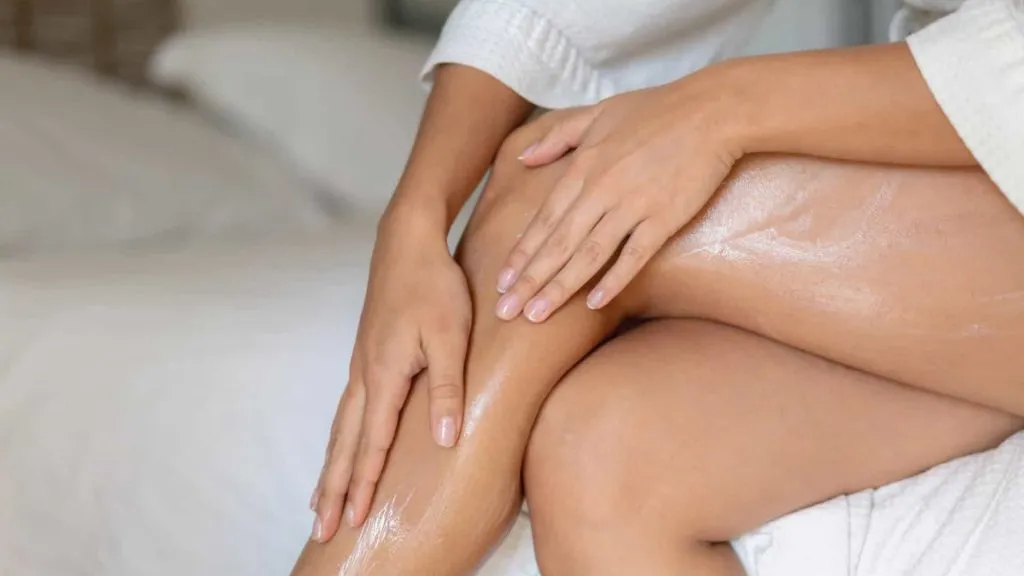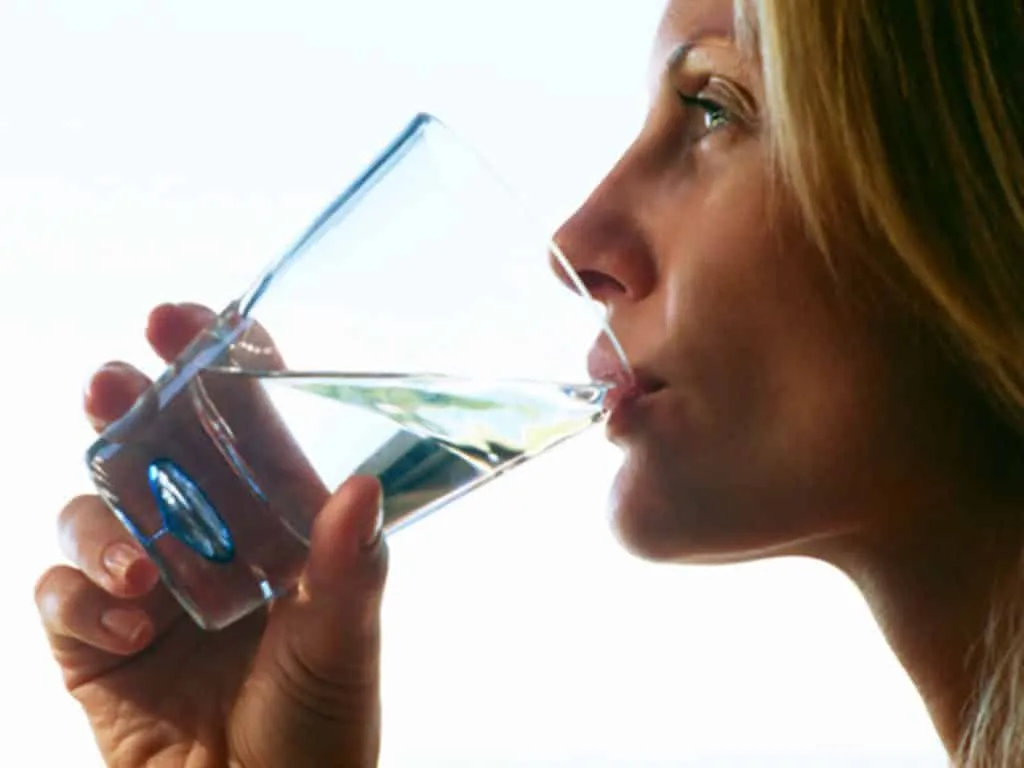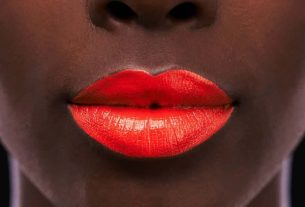Having hydrated skin is not always a simple task, but it is very important, both for the appearance and for the health of the dermis.
Moisturizing your skin is already part of most people’s skin care ritual. In fact, it has already become a daily habit for many people. However, not everyone knows the real importance of keeping their skin hydrated.
Having hydrated skin is synonymous with beauty and softness. However, the benefits of hydration go far beyond appearance. It is essential for healthy, beautiful skin that is free from inflammation that can develop into more serious problems.
However, keeping your skin hydrated is not always a simple task. It is not enough to use moisturizing creams. It is necessary to include some care in your routine that makes all the difference, both in the appearance and health of your skin.
Therefore, today we will better understand how hydration works, its importance, and how to keep your skin hydrated for longer.
Importance of hydrated skin
Skin hydration is an essential part of the skin care routine, as is sun protection. Therefore, keeping the skin hydrated is the main way to maintain the natural protection of the dermis, and prevent the skin from drying out and suffering from peeling or irritation.
This is because hydration is responsible for replenishing and also retaining water molecules in the superficial layers of the skin, the dermis and epidermis. Whether through fluid intake and the use of products with moisturizing action.
In this way, through hydration, the body can balance the water composition in the body. Therefore, when the skin is properly hydrated, it appears younger, softer, firmer, healthier, and, above all, protected against external aggressions to which we are exposed daily.
Unlike when the skin is dehydrated. When there is a lack of water in the body and on the skin, it becomes dry, rough and lifeless, consequently more prone to flaking and sensitivity.
In this state, wounds, cracks and even illnesses can develop, due to the lack of protection in the outer layer of the skin. Additionally, dehydrated skin can increase the proliferation of disease-causing microorganisms.
Among the main problems caused by a lack of skin hydration we can mention rosacea, atopic dermatitis, and psoriasis. In addition to skin tightness and increased skin oiliness.
Hydration for all skin types
As we know, there are different types of skin, dry, combination, oily and sensitive. A frequent question is regarding hydration for each of them. Regardless of type and characteristic, all skin needs hydration.
Oily skin, for example, requires specific hydration. Because contrary to what many people think, oily skin, despite having excess oil, also becomes dehydrated and dry. In fact, the more dehydrated your skin is, the more oily it will be.
Therefore, you need to take your skin type into consideration before choosing a moisturizer. Although all skin needs hydration, each one has its own characteristics and needs. So it is very important to choose a product that suits them. In the case of oily skin, the ideal is to choose oil-free moisturizers. Dry skin demands denser and more concentrated products, such as creamy lotions and creams.
Furthermore, some specific ingredients are great for increasing skin hydration, including:
- Vitamins E and B5;
- Urea;
- Ceramides;
- Thermal water;
- Hyaluronic acid;
- Karite butter;
- Glycerin;
- Vegetable oils
Hydrated skin: body and face
So, as we have seen so far, hydration is important for all skin, regardless of type. Furthermore, another question that many people still have is about using body moisturizer on their face.
This is not ideal, as each area has different needs and characteristics. The skin on the face, for example, has a different texture to the rest of the body, being much thinner and more sensitive. So, for the face, it is recommended to use products that adapt to this characteristic.
The same happens with naturally drier areas, such as knees, elbows and hands. As these areas are generally more exposed to friction, wind, humidity and temperatures, they end up suffering more and therefore require special care. Therefore, it is important to invest in deeper hydration in these areas.
Therefore, body moisturizer should only be used on the body, and another specific one for the face. Incorrect use of these products can result in unwanted effects, such as allergies and worsening the condition of the skin.
Tips for keeping your skin hydrated
And finally, some very important tips for keeping your skin hydrated and healthy.
Drink water
Before resorting to creams and aesthetic procedures, we need to be aware that hydration first comes from the inside out. Therefore, it is very important to keep the entire body hydrated, not just the skin. Because the two things go together.
Therefore, the best way to do this is to drink water and other liquids. The ideal is to drink at least two liters of water per day.
Skin hygiene
Skin cleansing is also very important for hydration. This is because it is through the removal of impurities that the skin is able to breathe and receive moisturizing products. Therefore, deep skin cleansing is very important.
On your face, use facial soaps for your skin type. After washing, apply a facial toner and thermal water to soothe the skin and make it ready to receive the products. As for the body, the ideal is to use soaps with light formulas, to carry out a gentle cleansing that does not harm or dry out the skin.
Use moisturizer daily
Using moisturizer daily is essential for skin hydration. However, it is very important to use products that suit your skin type.
A good tip is to apply moisturizer right after showering. This is because this is when the skin is most permeable and prone to absorbing products.
Facial hydration masks are also a great option, especially for those days when you need to relax.
Natural oils
Although natural oils are not completely absorbed by the skin, like moisturizer, they form a kind of protective film on the skin. In this way, the oils help protect the skin for up to 24 hours, preventing dehydration.
However, they should not be applied to the face. But on the body, it is a great option for maintaining the skin’s natural hydration, especially in drier areas, such as knees and elbows.
Sunscreen
The effects of sunlight are also very harmful to the health and appearance of the skin. Therefore, to have healthy and hydrated skin, daily use of sunscreen with broad protection is essential. And this applies to the face and also to the body, especially in the most exposed areas, such as the chest and arms.
Cold or warm baths
Taking very hot and long showers is one of the factors that lead to dehydration and dry skin. Therefore, to avoid this, and help hydrate the skin, the ideal is to take cold or warm baths, and shorter ones too.
Intensify hydration according to the weather
Another factor that influences skin hydration is the climate. In drier times, for example, it is natural for the skin to become drier. The same in warmer seasons, when there is greater sun exposure and prolonged contact with water, whether in the pool, sea or even the shower. Therefore, skin hydration must be intensified.
Products suitable for skin type
In addition to all these tips, it is very important to know your skin type, its characteristics and needs. This is the only way to choose the right type of product, which will provide you with the best benefits and hydrated, healthy skin.
Anyway, what did you think of this article? In fact, take the opportunity to also check out the 7 most common causes of dry or dry skin.
Sources: Derma Club Derma Club Minha Vida ADCOS
Featured image: Woman
Images: Boa Forma Buona Vita Informe Brasil Veja

Sign up for our newsletter and stay up to date with exclusive news
that can transform your routine!
Warning: Undefined array key "title" in /home/storelat/public_html/wp-content/plugins/link-whisper-premium/templates/frontend/related-posts.php on line 12
Warning: Undefined array key "title_tag" in /home/storelat/public_html/wp-content/plugins/link-whisper-premium/templates/frontend/related-posts.php on line 13








